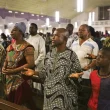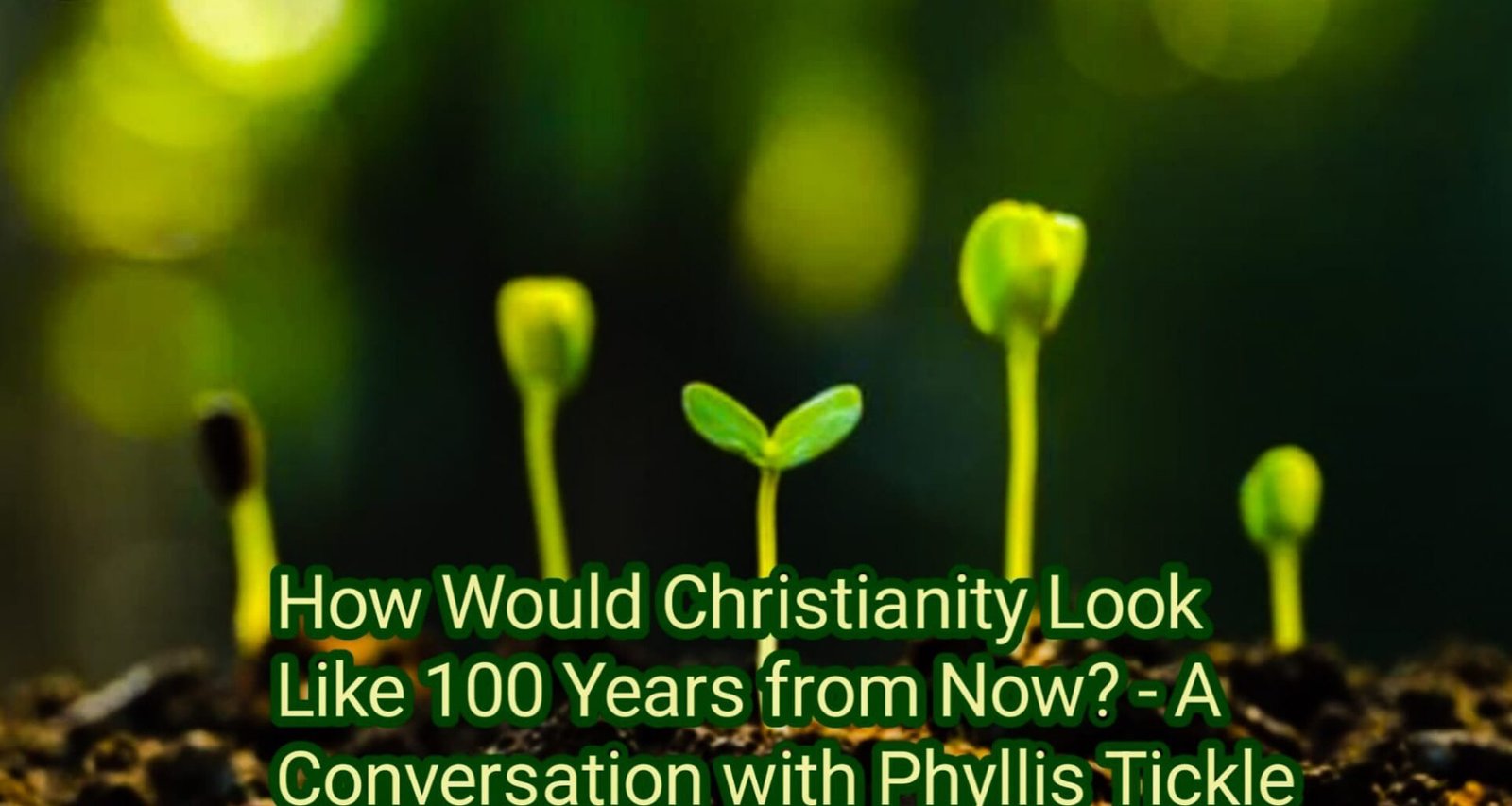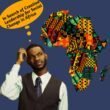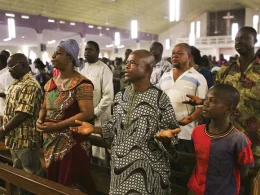The Great Emergence, as I understand the science of it and the attendant theory of change from the book Emergence Christianity by Phyllis Tickle, underscores the systematic progression made by humanity from the historical report. This is especially significant from the era of two thousand years ago, from the time of the birth of Christ, when historical events have either been dated backward or forward as “before common era” or the “common era.” This was undoubtedly the era that gave rise to Christianity, which emerged from Judaism, shaping and transforming everything in the Western world, irrespective of religious affiliation or inclination.
From the medieval time to the 16th century time of the Reformation, the historical account has been relatively stable under a unified, universal catholic church partly because of the non-existence of any major significant change. The church was practically enjoying its golden age moment since the time of Emperor Constantine, when the church and the state became interdependent on one another. However, during the Reformation, vast improvements in transportation and other significant social factors gave rise to economic advantage for the middle class by enabling capitalism as a dominant characteristic of the Western world.
Subsequently, from the an apparent need to improve communication as a new way of making gains from the following opportunities. Therein comes the need for a literate population for commercial purposes. In addition, there was this urge for humankind to understand and discover more about the physical universe; all these factors together ultimately contributed to the emerging surge for the birth time of a new phenomenon known today as the Great Emergence.
Over several decades, scholars have made several efforts to call it other names, such as the Great Mutation, Mergonomic, the Great Reset, A Great Rummage Sale, etc. However, Phyllis Tickle acknowledged that “despite all the colorfulness of these alternative labels, the one we hear most often and that now seems destined to stick is that of ‘the Great Emergence.” However, in the wake of the ongoing pandemic called COVID-19, Anthony Klotz coined the term “Great Resignation” as a new fad. Other scholars have also expressed it with phrases such as the “Big Quit” and the “Great Reshuffle.” By the way, the Great Resignation is an ongoing economic trend in which employees have voluntarily resigned from their jobs en masse, beginning in early 2021. Time will tell whether the “Great Resignation” will stay with us. However, to reflect on the time we are in, Tickle posits that “we are citizens living within the Great Emergence, and as Christians of whatever stripe, we are watching the formation of a new presentation of the faith. We are attending upon the birth and early growth of Emergence Christianity.”
Thus, in trying to depict the Emergence theory by Tickle, I am fascinated, explicitly, among other factors, by her recognition of sharp changes that led to increasing complexities. She believes these complexities ultimately formed part of the components of the new thing being born, which he called the Azusa Street experience. She identified how a man named Charles Parham founded a Bible school called Bethel College. On January 1, 1901, the first set of students that gathered spoke in tongues- a proto Pentecostal experience of Acts 2 in the Bible. William Seymour subsequently followed this in 1906. While preaching, the Spirit descended upon the gathered at Azusa Street with outbursts of miraculous signs and wonders and speaking in known and unknown tongues. Pentecostalism, as of old, has been born again and may be in its totality. As we talk about it today, about a century after, Pentecostalism has become the fastest growing and the second largest body within global Christianity. This is an instance of significant Emergence in history. Other notable ones have followed ever since, all pretending to have a more suitable answer to the world’s prevailing socio-cultural and religious problems.
Several questions raced through my mind as I read Tickle’s book. Since the Reformation of the 16th century, several other Emergents have surfaced, clamoring for relevance and a place in history. We have had the likes of Neo-monasticism, Mega-church, Charismatic, Hyphenateds, etc. Still, my question in response to their varying agitation is whether each emergent was legitimate or suffering from me-too factor syndrome? Another question I would like to pose is whether there can ever be a final or ultimate emergent that won’t spur further agitation?
Furthermore, with the reality of the irreversible changes that have confronted humanity, particularly since the advent of internet technology and its uncharted territory, how would Christianity look like another 100 years from now? Online Church services are now commonplace, particularly since the advent of COVID-19. Just to give us a hint of what is to come!
As I carefully read through Tickle’s book, my greatest surprise was the accurate prediction of Walter Rauschenbusch’s future social crisis in the 21st century, which surprisingly came to pass less than two decades after his classic book was released in the early 20th century. There was an outbreak of war in Europe, Asia, and America, resulting in a bloody world war. Rauschenbusch has perfectly read the signs of the hour and the resulting tension it was creating. In response to the clarion call by Rauschenbusch, his book radically influenced the likes of Martin Luther King Jnr and Bishop Desmond Tutu to bring a change in the political and civil rights movement of their time.
My take on Tickle’s book is how it illustrated from the historical point of view the socio-cultural changes that have occurred and continued to re-occur sometimes spontaneously. Any aspiring future leader should attend to such imminent and future irreversible change and be serious about proffering a lasting solution.
I believe Tickle’s book has implications for leadership in the succeeding decades because it will help prepare leaders for the imminent and obvious societal changes. Secondly, it forces leaders, particularly Christian leaders, to re-interpret specific Christian values in the light of our current contextual socio-cultural realities while still upholding the virtues of such Christian values.












